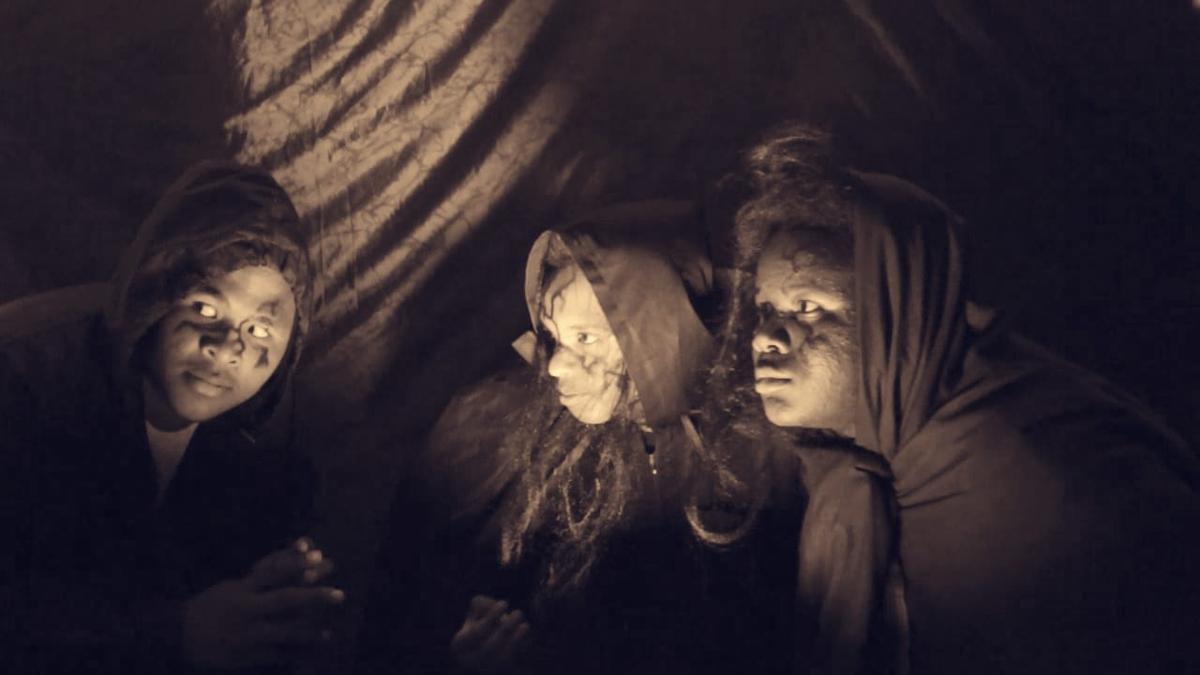When you hear the line “he who shouldn’t be named”...
what comes to mind? For most of us, this line refers to Voldemort, the heinous villain of J.K. Rowling’s “Harry Potter” series.

Although Voldemort might have wreaked havoc on Hogwarts and the wizarding world, there is another name that has been (almost) terrorising storytellers—or let’s just say theatre-goers and performers—equally for more than four centuries, and that name is...
(brace yourself) Macbeth. “Why?” Well, I’m glad you asked. The legend behind the cursed play A poster of Macbeth’s 1884 production| Photo Credit:WIKIMEDIA Commons The superstition surrounding the play dictates that neither the play’s title nor any quote from the text must be spoken in a theatre outside of rehearsals or the performance itself.
Refusal to adhere to this taboo is thought to invite trouble, bad luck, or even disaster to the rebel or the team putting together the bard’s play. The legend has been feared for so long that it has become embedded in the English public’s psyche. One piece of evidence of this is the fact that there is no sign for the word ‘Macbeth’ in British Sign Language.
To avoid any dicey situations, people in theatrical circles have come up with many euphemisms to refer to the play, such as “The Bard’s Play” or “The Scottish Play.” The king, the context & the curse Witch trials and the persecution of suspected witches were rampant across Europe during the 16th and 17th centu.























